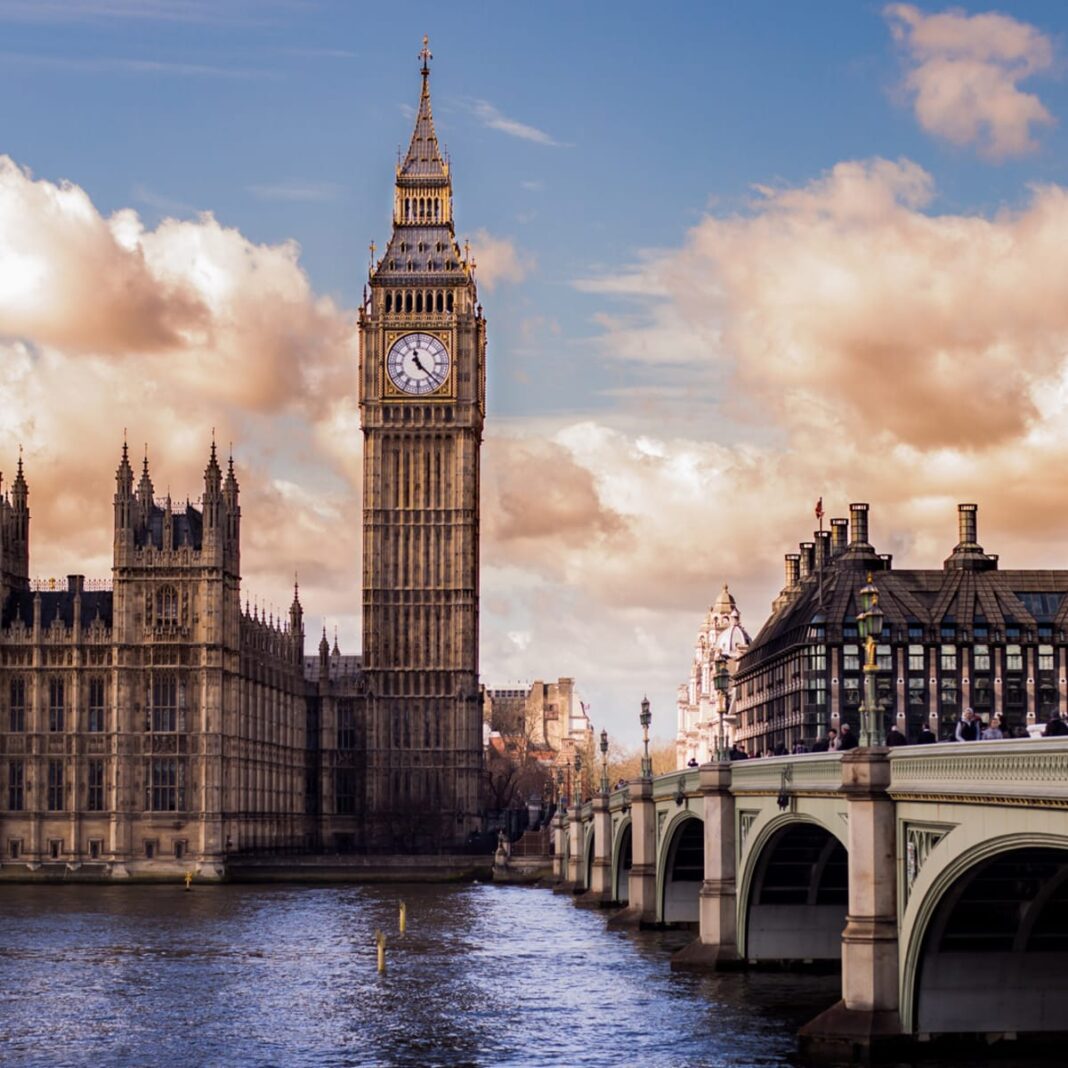“We have labour shortage in the UK at the moment. But we have to balance that because we do not also want to be responsible for a massive brain drain from Nigeria because you also need talented people.
The British High Commissioner to Nigeria, Mrs Catriona Laing, has said that the number of Nigerians applying for visas to the UK has increased in recent times.
Laing made the disclosure on Sunday in Abuja.
She noted, however, that the UK government was mindful of the situation and was in talks with the Nigerian government to avoid causing brain-drain, especially in the health sector.
The high commissioner expressed her delight that the UK had become an attractive destination for Nigerians, especially students, adding that the UK was ready to welcome talents.
“You know, there is obviously people of Nigerian origin in the UK.
“So, people like to go where they have family or where they have friends. Secondly, the English language obviously makes it a lot easier.
“Thirdly is the education; and people who have studied there will want to return.
“And I think you know, we are a welcoming country and we want to welcome talents, whether it’s people coming to study, or people coming to work.
“So, a lot of Nigerians will be tuned to the UK and we have seen actually a very big increase in requests for Nigerian student visas. That is partly because we have changed our policy.
“So it is now easier for Nigerians, students to remain after their studies.
“They can stay I think up to two years if you have done a masters or a PhD, which will enable people to look for work after they have studied.
“We have labour shortage in the UK at the moment. But we have to balance that because we do not also want to be responsible for a massive brain drain from Nigeria because you also need talented people.
“So the health sector is an example where there is a lot of Nigerian medics, both nurses and doctors in the National Health Service,” Laing said.
Responding to why the UK is sending asylum seekers to Rwanda, Laing said it was to enhance migration in partnership with Rwanda.
“We have a policy we have designed, to enhance migration in partnership with the government of Rwanda. But it is actually under legal challenge at the moment.
“So that is just one element of trying to deal with what is frankly a huge problem.
“Like you see in the news, each day, these boats are coming across the channel with migrants from many different countries, and it is a huge, huge problem.
“Because when they arrived they have to find accommodation, it takes a long time to process their applications.
“So we absolutely recognise there are many genuine refugees from countries like Syria.
“In Africa, it is mostly Eritrea, South Sudan; the people who are fleeing horrible persecution.
“So the Rwanda policy is just one component of many that we are trying to put in place to address this very challenging problem,” Laing said. (NAN)




